The American Rainwater Catchment Systems Association (ARCSA) is a rainwater harvesting industry membership organization with a broad range of professionals working in private, city, state, and federal government, academia, designers, installers, manufacturers and suppliers of rainwater harvesting equipment, consultants, and individuals interested in preserving, growing and supporting sustainability through rainwater collection.
The mission of The American Rainwater Catchment Systems Association is to promote sustainable rainwater harvesting practices to help solve potable, non-potable, stormwater and energy challenges throughout the world.
In 1994, Dr. Hari J. Krishna of Austin, Texas founded the 501(c)(3) non-profit American Rainwater Catchment Systems Association (ARCSA) to bring renewed attention to the ancient practice of rainwater harvesting. For thousands of years collecting rainwater was a common method for providing water, but over the last century, wells and municipal water supplies took over as primary water sources. The diminishing supply of fresh water in wells and aquifers, concerns of quality and population growth are among the top reasons for the resurgence of rainwater catchment. The American Rainwater Catchment Systems Association (ARCSA) was created to promote sustainable rainwater harvesting practices throughout the United States and the world. Read more.
ARCSA is involved in efforts including:
- Favorable regulatory atmosphere
- Educating professionals and the public regarding safe rainwater design, installation and maintenance practices
- Community outreach education through a volunteer board of directors, augmented by regional directors located in various parts of the United States as well as in Australia, New Zealand, Canada and Europe
RainBank Rainwater Systems president Ken Blair is lifetime ARCSA member, ARCSA accredited Professional, ARCSA Systems Inspector, and ARCSA Northwest regional rep. Ken is a available for ARCSA workshops for interested parties as well as local governmental agencies, engineering and architectural firms. Contact Ken using the form below for more information about a workshop for your agency or group.

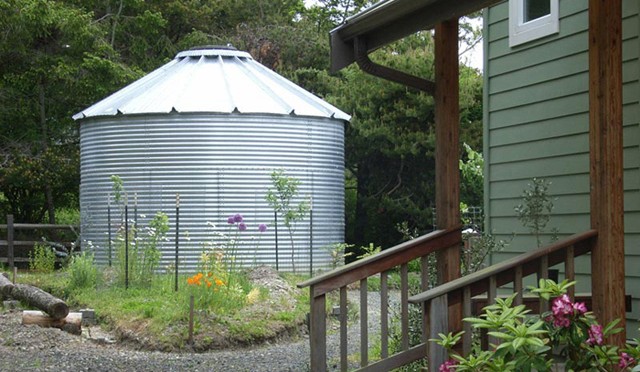
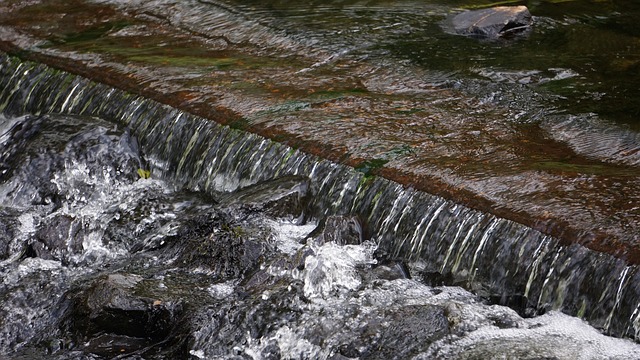
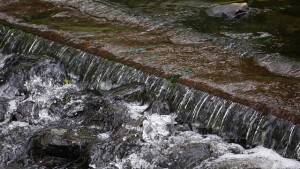 Standards. They are the benchmarks we use to help us make decisions about the food we eat, the cars we purchase, the schools we choose and the water we use.
Standards. They are the benchmarks we use to help us make decisions about the food we eat, the cars we purchase, the schools we choose and the water we use.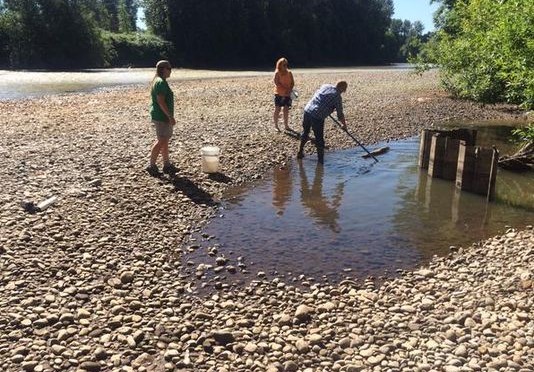
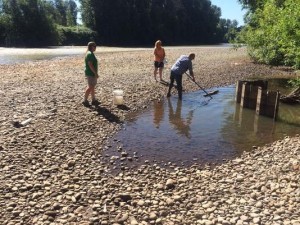 Snohomish County has over 1,000 water districts that are close to drying up, which ramps up the need to purchase potable water from the city of Everett. Spada Lake is dangerously low, which jeopardizes water availability for fighting fires
Snohomish County has over 1,000 water districts that are close to drying up, which ramps up the need to purchase potable water from the city of Everett. Spada Lake is dangerously low, which jeopardizes water availability for fighting fires